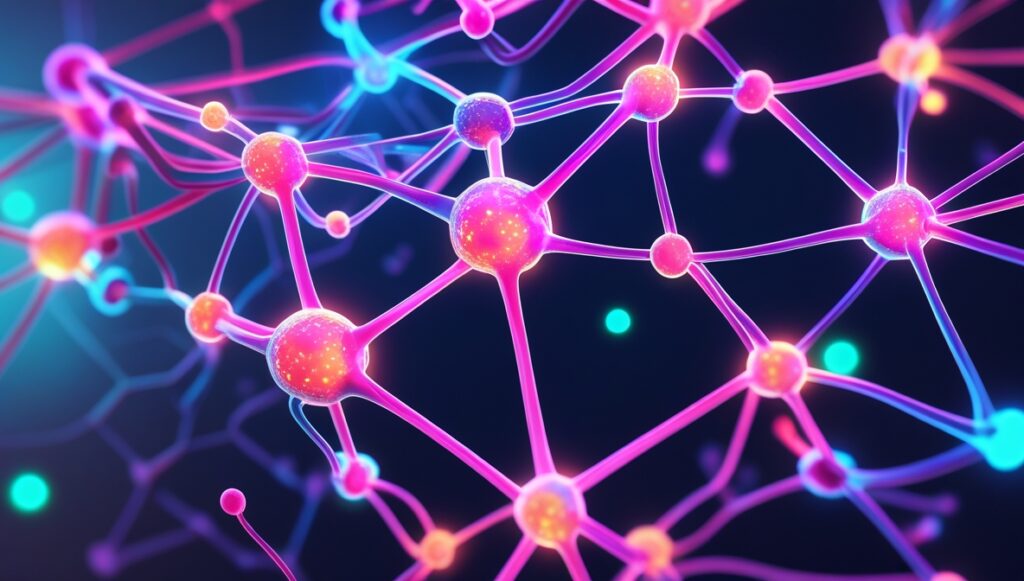- OpenAI and the startup Retro Biosciences have joined forces to increase the average human lifespan by 10 years.
- The project leverages the GPT-4b micromodel, optimized for biological research.
- The primary goal is to develop methods for protein modification that can rejuvenate human body cells.
OpenAI and Retro Biosciences

OpenAI, in partnership with the longevity-focused startup Retro Biosciences, has launched a project aimed at extending human lifespan. According to MIT Technology Review, the initiative has strong support from OpenAI CEO Sam Altman.
The project focuses on modifying Yamanaka factors—proteins capable of transforming aging skin cells into young stem cells. Retro Biosciences believes these proteins could hold the key to tissue regeneration, artificial organ creation, and life extension.
The startup’s team estimates that the successful implementation of the project could increase the average human lifespan by ten years. To achieve this, OpenAI has adapted one of its large language models (LLMs) to work with biological data.
GPT-4b micro became the first OpenAI model specifically designed for scientific research in medicine. Unlike Google’s AlphaFold, which focuses on predicting the 3D structures of proteins, this model is aimed at modifying their biological functions.
According to OpenAI, researchers applied GPT-4b micro’s recommendations to modify two Yamanaka factors, which led to a more than 50-fold increase in their efficiency, based on preliminary measurements.
“By all measures, the proteins appear to be better than those that scientists were able to create on their own” – says OpenAI researcher John Hollman.
Scientists claim that this project will be an important step for medicine, not only extending lifespan but also improving health quality in old age. OpenAI and Retro Biosciences plan to publish the results of their work soon.




